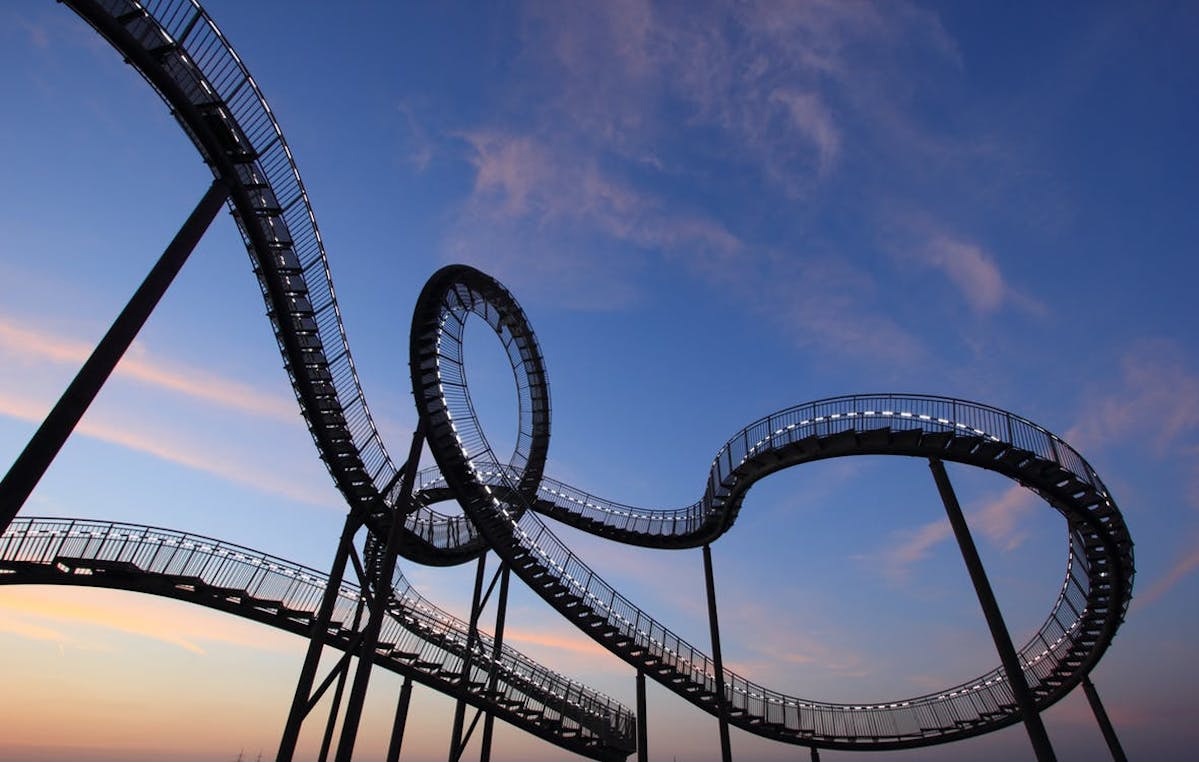NO ONE KNOWS WHAT THE FUTURE HOLDS. AND ALL OF US, AT SOME POINT, WILL MAKE A DECISION AND LATER REGRET IT.
Living with Investor Regret
This holds true in life and in investments. A bear market surrounded by pessimism and fear can affect even the most stalwart investor. There’s a lot of emotion and expectation tied to a long-term investment. Investments are dreams, hopes, and your retirement plan. And because of that, investors tend to sell winning investments too soon and hold losing investments too long. This behavior, one that leaves investors filled with regret, is common enough to have its own label: The Disposition Effect.[i]
Emotion and Investing
The disposition effect happens because we are human. We’re filled with pride and shame and everything in between. We don’t want to admit when we’re wrong or perhaps holding onto an underperforming asset.[ii] We don’t like to lose money. And we love to win. A financial windfall or fast gain can alter our perception of what is a smart investment. These emotions, be it pride or shame, can motivate us to action. And that action can take the form a rash decision, to sell or to stay, fold or hold. And the decision often comes with a lot of regrets.[iii] Perhaps you pulled out of a falling equity market, only to have it rebound and rise. Or you try to get back in, only at a much higher rate and never catch up to what you had. Missing the boat, or bailing too soon, is the kind of regret that can haunt an investor forever. Looking at the opportunities abandoned or untaken can torment like a tell-tale heart beneath the floorboards. The disposition effect is fueled by a combination of pride and what’s called ‘loss-aversion’. [iv] The fear of losing money is often much more powerful than the elation of making the same amount.
Do Your Research
But how can you anticipate? And how do you avoid the disposition effect when things aren’t going so great with your investments? The best advice when dealing with long-term investment is to look at the short term as the battles, and the long-term as the war. There will be winners and losers along the way, but avoiding impulsive choices that could have long-term, permanent and irreversible financial damage should be the number one priority. Listening closely to your advisor and possibly doing a lot of research before making any impulsive decisions is the best course of action. Often investment regrets can cause a swing called “the break-even effect” where after experiencing a loss, a person is actually more apt to make rash or high-risk choices in an attempt to replace what they lost.
The Big Picture
Better to not panic and make big financial moves without consulting with professionals who have a longer scope about the markets and, most importantly, your long-term plan. You may have to deal with some hard truths and tough love. Some investments may be duds that have been held onto too long and need to be cut loose. Other investments may need to be left to mature or ride out a rough period. What’s vital is to not focus on your short-term returns. Long-term investment is just that, long. You need to see the big picture and that picture often spans decades. Tides rise and fall, markets flip from bear to bull, and the most important lesson for any investor is to approach their decisions with the long game in mind.
[i] https://repository.upenn.edu/cgi/viewcontent.cgi?article=1043&context=wharton_research_scholars
[ii] https://www.wu.ac.at/fileadmin/wu/d/i/finance/wissenschaftlMitarbeiter/M%C3%BCrmann_Alexander/Bilder-Dateien/MuermannVolkman07.pdf
[iii] https://www.valuewalk.com/2017/02/behavioral-finance-battle-emotion-reason/
[iv] https://capital.com/disposition-effect-an-anomaly-in-behavioural-finance
Disclosure text: Securities offered through Triad Advisors, LLC, member FINRA/SPIC. Advisory services offered through TriCapital Wealth Management, Inc. TriCapital Wealth Management, Inc. is not affiliated with Triad Advisors, LLC.





